Market coverage 1
["Belgium"]
Belgium
Belgium
Currencies 1
Euro
Description
Bancontact is a popular electronic payment method in Belgium. It allows consumers to pay for purchases online or in-store using their Belgian debit card, which is linked to their bank account.
Security is a key feature of Bancontact. To make a payment, the consumer must enter a six-digit PIN code that is associated with their debit card. This makes the system very secure and minimizes the risks of fraud.
In Belgium, Bancontact is widely accepted as a payment method in stores, supermarkets, restaurants, and gas stations. It is also used for online payments, including purchases on e-commerce sites.
One of the advantages of Bancontact is the speed of transactions. Payments are instantaneous, which means that consumers can make purchases quickly and easily.





















